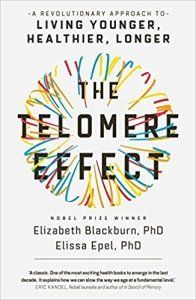Eight positive benefits of mindfulness
The relationship between mindfulness and stress is well documented. Our awareness of stress and the negative impact it has on ours and other lives is becoming more perceptible. Mindfulness, as a stress reducing therapy, is becoming increasingly used in clinical practice and its impetus in and outside the workplace is gaining steady traction.
Whether it’s traditional Buddhist or western secular practice, mindfulness to the novice, is effortful and not effortless. Its results often create a relaxed physiological state but it goes far wider than this; obtaining ‘optimal functioning’ is the desired state. As Sara Lazar, Ph.D. Harvard Medical School states, “Although the practice of meditation is associated with a sense of peacefulness and physical relaxation, practitioners have long claimed that meditation also provides cognitive and psychological benefits that persist throughout the day,”
So, to help you consider whether there is value in establishing ‘optimal functioning’ through mindfulness practice, here are eight areas where research has identified, and continues to reveal the positive impact of mindfulness based meditations;
1. Cellular aging: keeping your cells younger for a healthier and longer life
2. Focus: neural pathways of Task Positive Networks and Default Mode Network Meditation is associated with reduced activations in the default mode network
3. Attention: attaining, sustaining and directing your attention to attend to what’s important to your values and well-being
4. Empathy: relatedness to others; correlations with compassion for self and others
5. Self-Awareness: physiological, psychological, emotional and cognitive awareness
6. Self-regulation: making room for your feelings through reflection and acceptance
7. Well-being and mental ill health: physiological and psychological triggers and responses
8. Biases: An important facet of mindfulness is “non-judgmental awareness of sensations, feelings and state of mind.”
As can be seen, a whole range of physiological, molecular, cognitive, emotional and behavioural responses can be evoked and these can positively contribute to facilitating adaptation to change.
Mindfulness is not a ‘one size fits all’ practice or intervention. Future research will enlighten us on how to tailor our mindfulness practice, current research enables us to explore numerous pathways.
Neena Speding
MSc Psychology & Neuroscience of Mental Health
MSc Psychological Science
MBPsS
Chartered MCIPD
First class BSc (Hons) HRM, PGCE








